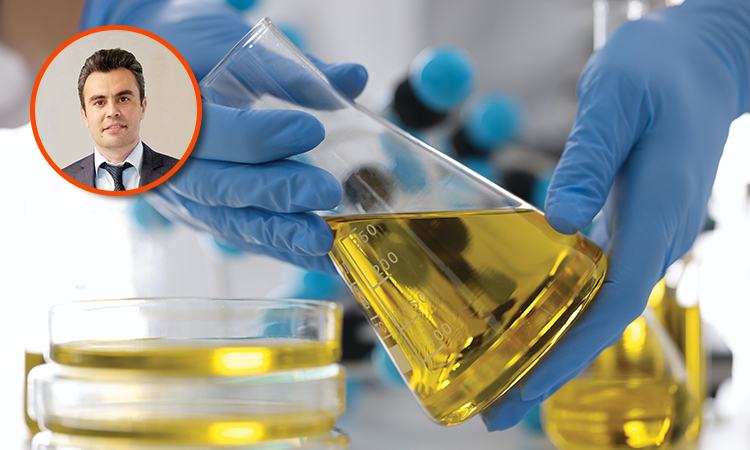Environmental sustainability is becoming increasingly important for industries and businesses in today’s world. Reducing carbon footprint and increasing energy efficiency have become important goals to minimize environmental impacts and utilize resources more efficiently. The carbon footprint is defined as a metric that measures and assesses the greenhouse gas emissions of an organization, product or activity. In this context, lubricant analysis emerges as an important tool in the process of reducing carbon footprint.
Lubricant analysis and carbon footprint reduction: Lubricant analysis is a technique used to evaluate the performance and condition of operational vehicles or machinery. This analysis is performed through the examination of the physical and chemical properties of the engine oil. Lubricant analysis provides important data to determine the quality of the oil used and the operating conditions of the vehicle / machine.
Lubricant analysis can contribute to the carbon footprint reduction process in several ways:
Energy efficiency: Lubricant analysis is used to assess the energy efficiency of a vehicle or machine. Since the viscosity of the oil directly affects friction, wear and the heat transfer, the results of the analysis help identify measures that can be taken to improve energy efficiency. Using a more efficient oil can reduce the energy consumption of vehicles or machinery, thus reducing their carbon footprint.
Maintenance planning: Lubricant analysis plays a critical role in the maintenance planning of vehicles or machinery. The analysis results assess the condition of the oil and its components, determining the presence of wear, contaminants and other adverse factors. This information enables vehicles or machinery to operate for longer periods and more efficiently through pre-planned maintenance activities. Reduced breakdowns and resulting greenhouse gas emissions from failures help decrease the carbon footprint.
Increasing the lifespan of the lubricants: Lubricant analysis is also used to extend the service life of the lubricants. The analysis results are used to determine the time when the oil needs to be replaced. This helps to prevent unnecessary oil changes and promotes more efficient use of resources as well as using oil for a longer duration and reducing greenhouse gas emissions associated with oil production.
Lubricant analysis serves as a significant tool in the process of reducing carbon footprint. It efficiently works on factors such as increasing energy efficiency, maintenance planning and extending the life of lubricants. Therefore, businesses and industries can achieve their environmental sustainability goals and reduce their carbon footprint by focusing on lubricant analysis.













